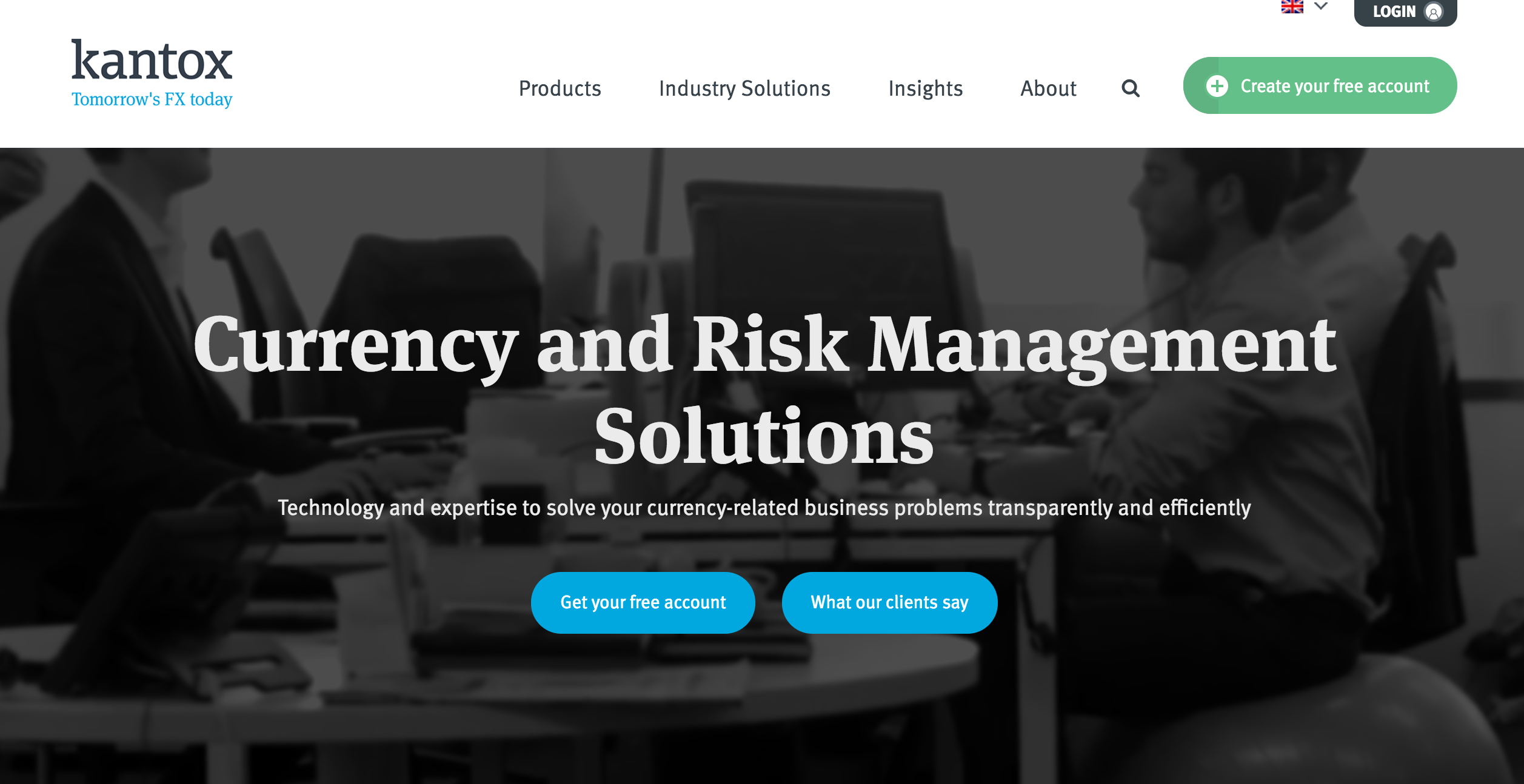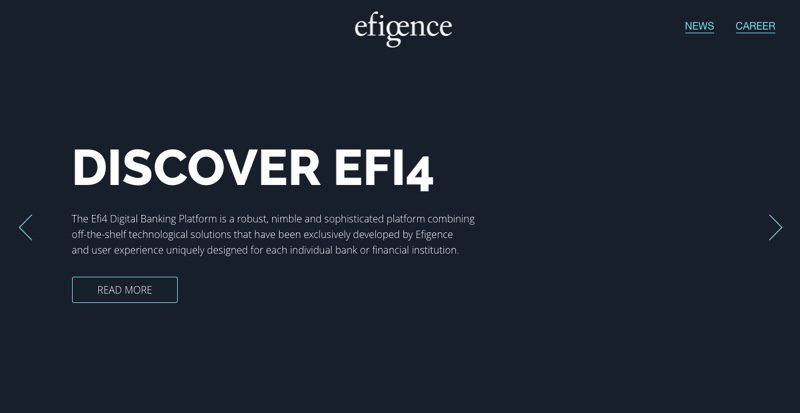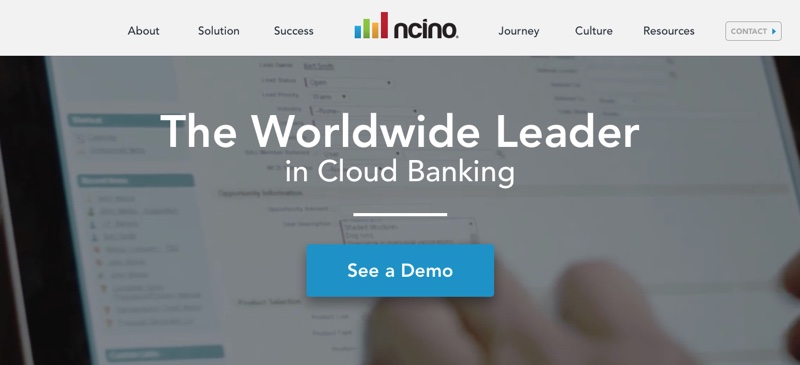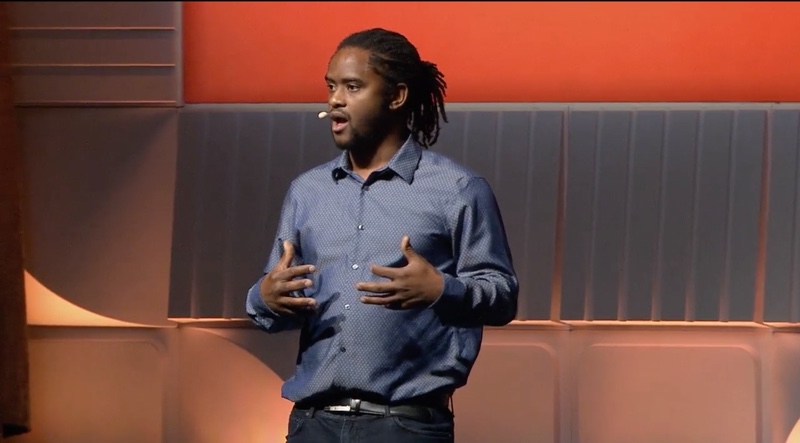
This article was first published on FinTech Futures on May 31st 2017.
 Adding to our hugely popular Women in Fintech series, we speak to Lynn Bishop, Chief Development Officer, Managing Director, DTCC, about the best way to make it as a woman in tech, learning from her exceptional path to the top.
Adding to our hugely popular Women in Fintech series, we speak to Lynn Bishop, Chief Development Officer, Managing Director, DTCC, about the best way to make it as a woman in tech, learning from her exceptional path to the top.
How did you start your career?
I started my career at Accenture as a consultant. At that time I had not yet decided on my career path, and working as a consultant allowed me to learn about different industries, experience multiple corporate cultures, travel internationally, and learn a lot about myself. The speed at which you learn in the consulting industry was very appealing to me, and working across many different projects and clients helped me to quickly build an expansive, diverse, and powerful network.
While I benefited tremendously from my consulting experience, after about 10 years I decided I wanted to build more specialized knowledge and so joined DTCC, my consulting client at the time. Since joining DTCC, I have held several different technology-focused roles, with the most recent one being Chief Development Officer (previously CTO) to which I was appointed in May 2016.
What sparked your interest in fintech?
I realized I wanted to specialize in financial services relatively early while still working as a consultant, and the opportunity to join DTCC in an IT-focused role allowed me to make real impact by developing and implementing solutions for the entire industry.
While there has always been constant change and innovation in technology which has challenged and motivated me, there has never been a more exciting time to be at a firm like DTCC than right now. We are at the forefront of so many exciting new innovations that have the potential to transform the post-trade environment and strengthen our ability to protect the stability and integrity of the global markets. We are also actively leveraging the cloud and exploring how we can use robotics and other new technologies such as distributed ledger to better serve our clients and the industry.
What was your lightbulb moment?
Many great articles have been written about fintech, but the ones that really resonate with me emphasize the importance of disruption. To quote Paul English from Prophet, “Disruption that actually makes a substantial change to customers’ lives, by making things easier, faster and more meaningful. It’s not about the tech or the widget, the app or the interface, but about how it addresses a real and important customer need in a new and improved way.”
While new technologies are certainly intriguing, what is truly important is making sure they address a real need and ultimately introduce a new and improved way of working within the industry while protecting market stability. At DTCC, we are collaborating with our industry colleagues and clients on ways we can use new technologies to solve operational challenges and reduce costs and risks.
What inspires you?
I have been very fortunate throughout my career to have an amazing support system including my family, friends, colleagues, and mentors. I could not have achieved what I have today without their support and encouragement. As a result, I find the most rewarding aspect of my job is to “pay it forward,” which means empowering others to reach their potential, both personally and professionally.
I thoroughly enjoy mentoring my junior colleagues at DTCC and also externally through the Posse Foundation. In addition, I am honored to be a part of United Way’s Women’s Leadership Council (WLC) Executive Committee, a network of community-driven women dedicated to making a difference in the lives of New Yorkers, with a focus on supporting ReadNYC, an initiative that strives to help low-income students improve their reading skills.
Why is the #WomenInTech movement important?
It is no secret that a significant gender gap remains within the technology industry, and especially in fintech. Many large technology companies have started to provide more transparency around their diversity statistics which I see as a positive development because acknowledging a problem and recognizing the need for change is an important step forward.
Women bring unique talents and perspectives to the table, particularly the importance of collaboration which is a key success factor in fintech.
Speaking on diversity in general, it is important to recognize that change doesn’t happen overnight. However there are actions we can and should be taking now. Ensuring female speakers are featured at fintech events, showcasing successes of female fintech leaders to help position women as role models, and creating a culture which promotes and rewards inclusive behaviors are a few examples of easy steps that would lead to systemic improvement. In the long term, it is critical to keep promoting and supporting science, technology, engineering and mathematics (STEM) to improve the pipeline and invest in the future.
What piece of advice would you give women starting their careers in fintech?
There are two things that have made the biggest difference in my experience and still apply today to women starting their career in fintech: build a network of sounding boards and mentors who will provide guidance to you throughout your career, and don’t be afraid to take risks – push yourself to step outside your comfort zone.
Throughout the year we will be profiling women in fintech, not simply to celebrate their success but also to hear what has worked for them during the course of their careers. Click here to read more inspirational stories from fintech’s leading women >>









